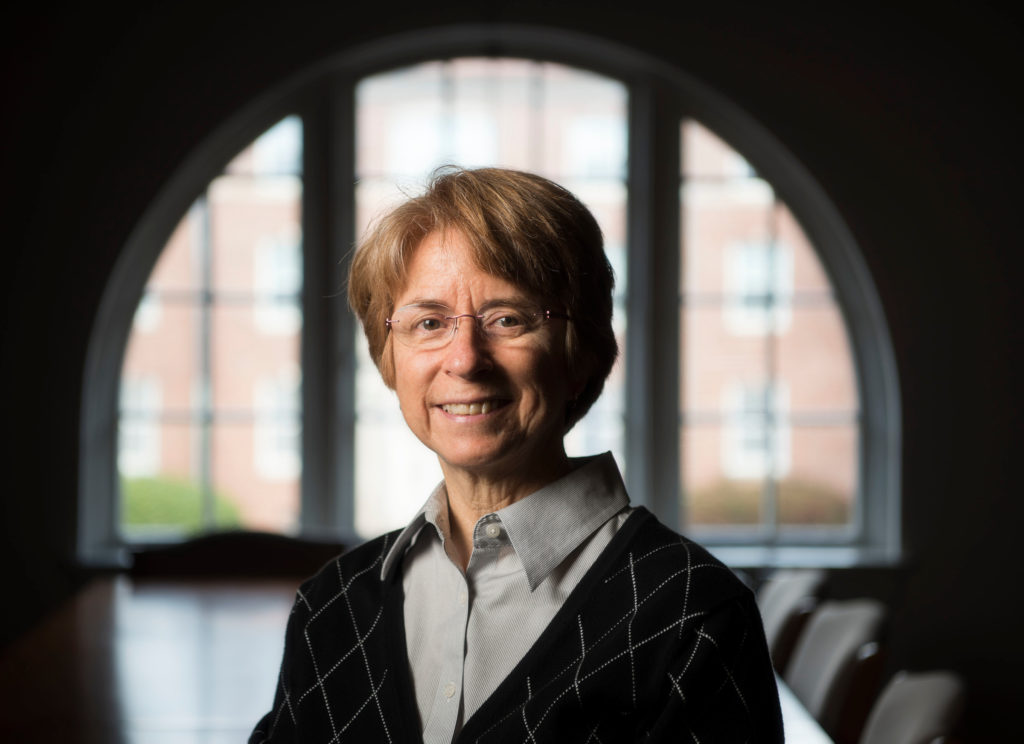
UNC-Chapel Hill’s Friday Center for Continuing Education will launch a new massive open online course (MOOC) on Cousera.org on June 22 called “The Psychology of Popularity.” Taught by psychology professor Mitch Prinstein, the course presents research on the impact of early life experiences with popularity, how those experiences influence adult lives; and how an understanding of popularity can promote increased success at work, better parenting skills, and greater fulfillment in life.
Advances in understanding of the human brain have only recently allowed researchers to unlock the effects of popularity and the ways that individuals’ pasts affect them outside of conscious awareness. Prinstein’s research explores the lasting influence of popularity from childhood through adulthood — its impact on office dynamics, interaction in social circles, and success in personal relationships. Popularity even has the power to change the expression of our DNA.
Prinstein believes that the study of popularity can bring valuable lessons into our everyday life. “I hope this course can help adults see their childhoods in a new light. I hope parents learn how to help their children grow up in a new world where popularity reigns more strongly than ever. And I hope that as adults, we can recognize patterns related to popularity dynamics at home, at work, and in our communities that can be changed so we don’t keep reliving our adolescence all over again.”
Prinstein is the John Van Seters Distinguished Professor of Psychology in UNC-Chapel Hill’s College of Arts and Sciences’ Clinical Program. His research uses a developmental psychopathology framework to understand how adolescents’ interpersonal experiences, particularly among peers, are associated with depression, self-injury, and health risk behaviors. He has received several awards recognizing his contributions to research including American Psychological Association Society of Clinical Psychology Theodore Blau Early Career Award, Columbia University/Brickell Award for research on suicidality, and APA Fellow of the Society of Clinical Child and Adolescent Psychology. Dr. Prinstein’s work has been featured in many popular media outlets such as The New York Times and National Public Radio, and he has appeared on over two dozen local and national television news programs to discuss his research.




